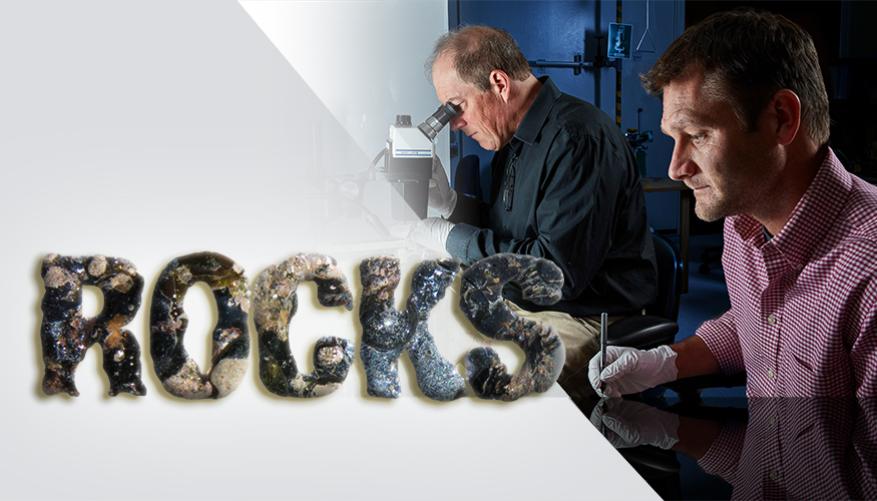By Anne M. Stark
Apparently, if it weren’t for meteorites, Super Mario and his buddy Donkey Kong wouldn’t be around to bring us endless joy.
It turns out that meteorites provided almost all the precious metals used in electronics that created video games and all the other high-end devices we use daily.
And according to Lawrence Livermore cosmochemist Greg Brennecka, meteorites didn’t just provide metals for electronics, but these rocks from space also greatly influenced life and human culture on Earth.
In “Impact: How Rocks from Space Led to Life, Culture, and Donkey Kong,” Brennecka outlines just how this happened, and is still happening today. It is a humorous, accessible exploration of how meteorites helped not only to build our planet but also steer the evolution of life and
human culture.
Brennecka was not always interested in the solar system. In fact, as a kid he was more interested in sports and outdoor activities. However, his brother was interested in space and, as brothers go: ”My brother was into space so I couldn’t be,” Brennecka said.
It wasn’t until graduate school where he took a cosmochemistry class and got hooked. “A summer internship early in graduate school gave me some exposure to the Lab, and I learned ways to do cool science using isotopes,” he said. From there, he did more internships while finishing his Ph.D. and came on board as a postdoc before a five-year stint in Germany, then finally back to LLNL as a staff scientist.
“I kept coming back for the people and access to the great equipment,” Brennecka said. “It’s a great group of people to work with.”
He wouldn’t call himself a meteorite collector, but he has gone out looking for them. He said dry lake beds and glaciers are prime places to find meteorites because there are few other rocks. “But sometimes you get lucky and you see them just fall from the sky. Those are easy ones to find,” he said.
Brennecka didn’t get the bug to write a book about the influence of meteorites on the world until he was working in Germany. He heard a lecture on the L’Aigle meteorite shower, which occurred in 1803. He learned that the scientist Jean-Baptiste Biot investigated the fall and wrote a report describing how these stones must be of extraterrestrial origin. This report — in combination with other contemporaneous world events — effectively gave birth to the
science of meteoritics.
At the time of the L’Aigle event, the mere existence of meteorites was even debated. If they were recognized at all, their origin was highly controversial. Most commentators sided with famous minds like Aristotle and Sir Isaac Newton who felt that the falling stones were from Earth witnessed meteorite falls were treated with great skepticism.
“I think this is really cool stuff that people would be interested in,” Brennecka said. “There were a couple of journal articles here and there about the subject” but nothing that explained how meteorites affect life and culture. He said the book is “half history, half scientific discovery and half funny stories that go along with those.”
With humor and enthusiasm, Brennecka reveals previously untold but important stories sure to inform
and delight readers about the most important rocks on Earth.





